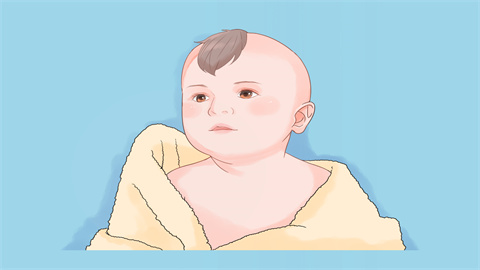Can babies aged 0-2 years who are prone to colds receive the 13-valent vaccine?
PCV13 refers to the 13-valent pneumococcal polysaccharide conjugate vaccine. Generally, healthy infants aged 6 weeks to 2 years old can receive the 13-valent pneumococcal polysaccharide conjugate vaccine. However, infants younger than 6 weeks of age or those with contraindications such as colds should temporarily avoid vaccination. If there are any concerns, it is recommended to consult a healthcare professional in advance. Detailed explanations are as follows:

Among infants aged 0-2 years, healthy infants aged between 6 weeks and 2 years generally can receive the 13-valent pneumococcal polysaccharide conjugate vaccine. This vaccine can effectively prevent invasive diseases caused by 13 serotypes of pneumococcus, such as pneumonia, meningitis, sepsis, and bacteremia, providing infants with relatively long-lasting immune protection.
However, vaccine development and clinical trials are based on specific age groups to ensure safety and efficacy. Infants younger than 6 weeks have immature immune systems, and vaccination might pose unknown risks. Additionally, if an infant has a cold or other contraindications such as fever, acute infection, or a history of severe allergies, vaccination with the 13-valent pneumococcal polysaccharide conjugate vaccine should also be postponed temporarily.
Some infants may experience adverse reactions after receiving the 13-valent pneumococcal vaccine, such as redness and swelling at the injection site, rashes, diarrhea, or fever. Mild symptoms usually do not require special treatment. However, if the symptoms are severe, the infant should be taken to the hospital promptly for medical attention.






